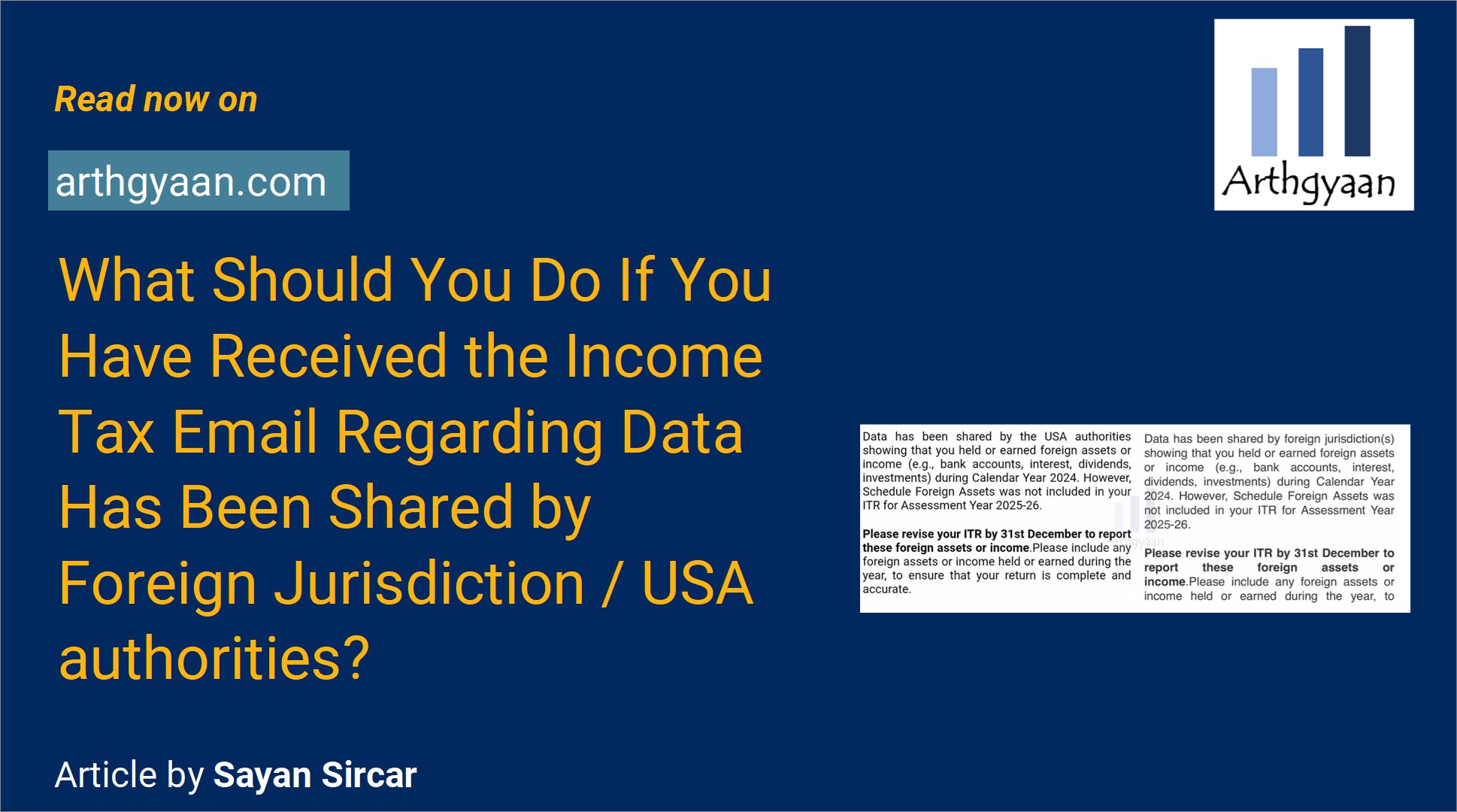You do not need term insurance if...
This article focuses on clarifications sourced from reader queries on who needs term insurance, who doesn’t and how to calculate if you do.
This article focuses on clarifications sourced from reader queries on who needs term insurance, who doesn’t and how to calculate if you do.
Term insurance is a type of life insurance that pays a benefit to the named beneficiaries in the event of the insured person’s death, as long as the policy is active. The purpose of term insurance is to provide financial protection for the policyholder’s loved ones in the event of their unexpected death, helping to cover daily expenses, future goals such as children’s education, and loans like home loans.
It is a straightforward insurance product, similar to car insurance, in that it only pays out in the event of a specific occurrence (death) and does not have a savings component like other types of life insurance. Term insurance offers high coverage at a low cost and is the cheapest insurance plan that you can purchase to protect your family’s lifestyle and financial goals in case you die.
Insurance spreads financial risk across a large pool of policyholders, reducing individual financial burden. Since many people buy insurance, only some are expected to die within the policy’s coverage time. However, it should be present at least for all earning members of the family before retirement age.
The concept of term insurance and why you need it has been covered in detail in this article: Term life insurance: what, why, how much to get and from where?.
This article gives the opposite view for those who wish to check if they can get away without term insurance. However, this article maintains that readers should not buy any insurance policies with an investment component like whole-life, endowment, money-back, ULIP or any other variation.

Term insurance is a risk transfer mechanism for people dependent on your income. Without it, if your income stops, your family i.e. dependents will be impacted. Since term insurance does not have any survival benefit, the question that comes is what to do if you do not have dependents at present, and may or may not have in the future. We will review these cases below.
The following cases will compulsorily require term insurance:
This is a euphemism for “you are rich enough”, so term insurance is unnecessary. However, it is possible to calculate if this applies to you if you have to know. For example, a thumb-rule can be that you have:
If you currently do not have dependents, you need to consider how permanent that state will be. Obviously, children and college students do not need term insurance since they have no income. There are child plans in the market that offer insurance on the child’s life, but they serve no purpose.
If you do not plan to have dependents in the future via marriage or a similar proposition, then term insurance is not needed. You may not need an employer-provided term plan also.
This conclusion does not change if you have a home loan but ideally, you should have loan insurance.
If you plan to marry in the future, even if the date is not decided, then you should take term insurance immediately irrespective of the earnings of the future spouse.
If you are married there are a few additional cases that need to be considered
If you are both earning without elderly parents or relatives on either side as dependents, then the term insurance requirement will need to be evaluated:
Term insurance is mandatory here both for parents and any future children. If there are no plans of having children, then have term insurance to only cover requirements of parents for each spouse with nominees suitably defined
Term insurance premiums increase with age and will be higher if you have specific diseases or habits like smoking or alcohol consumption. There are a few other factors as well.
Insurance premium depends on the nearest birthday. If you are 30 years and 5 months old, you will get the 30y rate and but if you wait 2 months more, you will get 31y rate. This is the reason you should never wait for your next birthday for taking a policy since it is 50% likely you are already in the higher age band.
While you are waiting for the right time and get a lifestyle or other chronic disease (obesity, hypertension, diabetes or something worse) then your premiums will go up significantly.
If you are on the fence regarding certain existing medical conditions, including hypertension, or are planning to reduce weight or have recently smoked, then please note that waiting can be risky. The insurer’s underwriting model will consider these and give you a quotation adjusting for such risks. So do not delay waiting to lose weight or until you reach a similar goal. Also, you need to fill out the medical and family history part of the form honestly.
One of the trends seen in the COVID-19 pandemic is a renewed interest in term plans as people realised the importance of having sufficient life coverage at a reasonable cost. Given that traditional life policies offer poor coverage, many people rushed to buy term policies. If you are healthy, have sufficient income and debating whether to spend ₹10-20,000/year to take a simple ₹1 crore term plan, then act today instead of waiting for the next pandemic to strike.
Are you a professional without a defined retirement date? Do you believe you can continue to earn even at age 60 and above and do not need insurance?
You should know that term insurance is about the availability of income and not the quantum of income. If you have not reached the Your goals are funded stage as defined above, you will need term insurance.
The lender will generally not have recourse for unsecured loans like personal and credit card loans upon the death of the borrower. However, education, car and home loans are treated differently.
Banks will generally include loan insurance as a part of the educational loan, which will cover the loan if the borrower dies before paying off the loan. If such loan insurance is not present, the bank will contact any co-borrower or loan guarantor for repayment. Such cases will require term insurance coverage.
The bank will repossess the car and sell it if the loan cannot be paid. If this is not acceptable, then term insurance should be present to cover the loan amount.
Most banks will insist on either loan insurance or term insurance of all borrowers at the time of approval of the loan. If you already have loan insurance, you technically do not need term insurance for this purpose at least.
If you have specific goals that require a certain amount of income to get fulfilled, then term insurance is a must. A good example is that if you are investing for children’s education, that plan should not get disrupted just because one spouse dies. Goals like retirement will not be impacted that much since the death of one person will lower the retirement corpus requirement. However, your child’s college or marriage goals should not be cut in half because one parent is no more. This specifically deals with cases where there are two working parents and only one of them is insured.
In the rare cases, you have a pension plan from your employer that increases over time, like pre-2004 government jobs, then you might consider a term plan to be unnecessary since this is a case of a “Defined Benefit” pension plan where the government offers a plan based on years of service and most importantly offers a pension amount that is guaranteed without any dependency on stock market returns and investments to be made by the employee. In this case, only, there is no term insurance requirement for retirement.
However, if you are under NPS, then you are in the same boat as others since this is a “Defined Contribution” plan where your pension will depend on the amounts you invest every month and the returns you get every year on that investment. An income disruption will therefore lower the amount you can accumulate until retirement making term insurance coverage mandatory.
Of course, you need term insurance for other goals like children’s education in both cases.
If you are using the comprehensive Excel-based goal planner, then you will see the minimum term insurance you need to have based on:
This figure is the minimum since you need to add any ongoing outstanding secured loans (like home/car loan) or loans where family members may be co-borrowers to this coverage amount. This means that if you have a 30 lakhs in outstanding home/car loan or an educational loan of 10 lakhs with parents as co-borrowers, add those amounts to the term insurance coverage.
You should keep in mind that it costs very little to have term insurance and it is an annual contract. There are very few cases where it is not needed and all that is needed to discontinue is not to pay the next premium. If you are still in doubt about whether you should take term insurance or not, take it now and cancel later if you don’t find a need for it.

Published: 18 December 2025
8 MIN READ
1. Email me with any questions.
2. Use our goal-based investing template to prepare a financial plan for yourself.Don't forget to share this article on WhatsApp or Twitter or post this to Facebook.
Discuss this post with us via Facebook or get regular bite-sized updates on Twitter.
More posts...Disclaimer: Content on this site is for educational purpose only and is not financial advice. Nothing on this site should be construed as an offer or recommendation to buy/sell any financial product or service. Please consult a registered investment advisor before making any investments.
This post titled You do not need term insurance if... first appeared on 08 Feb 2022 at https://arthgyaan.com